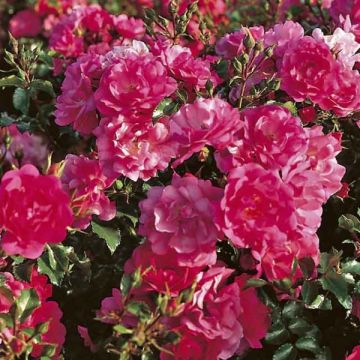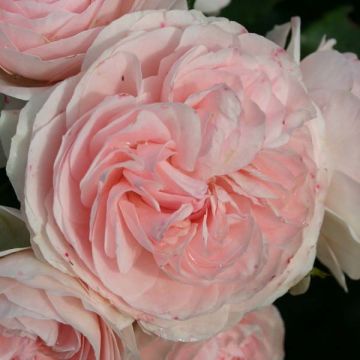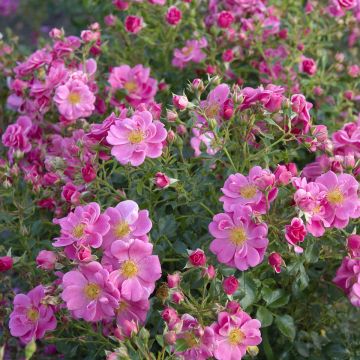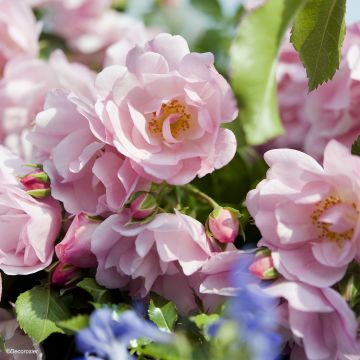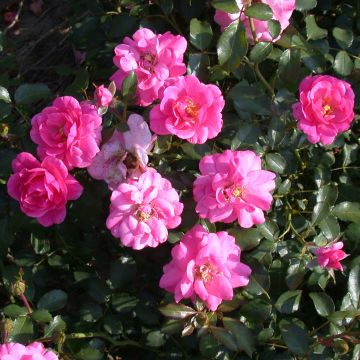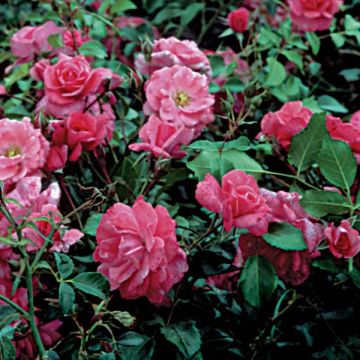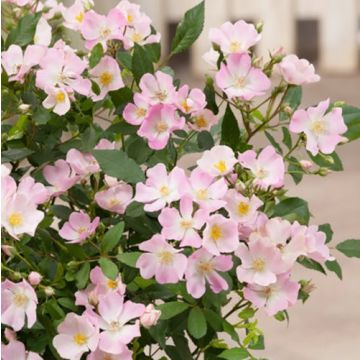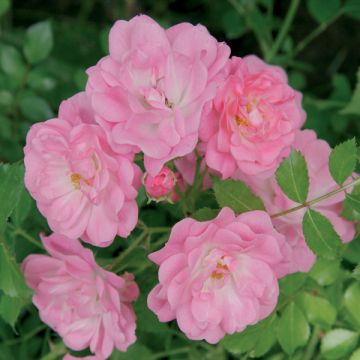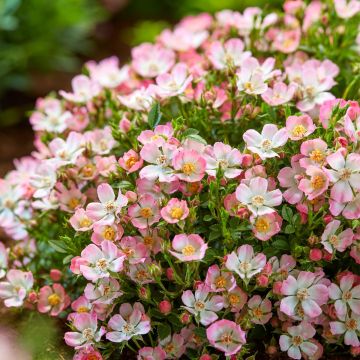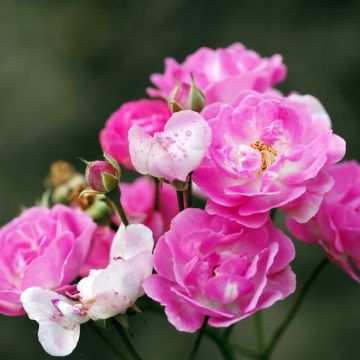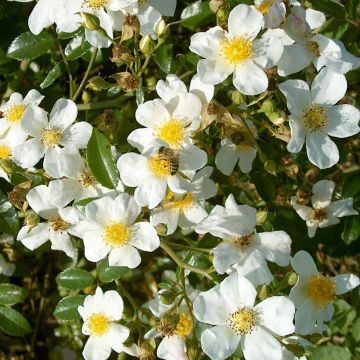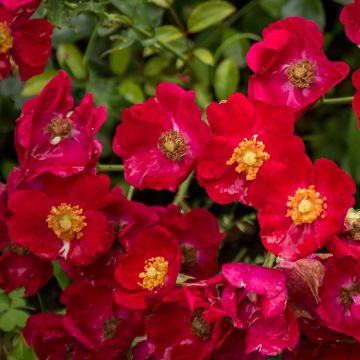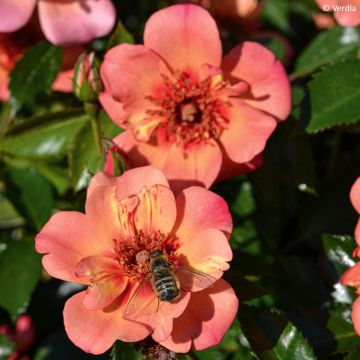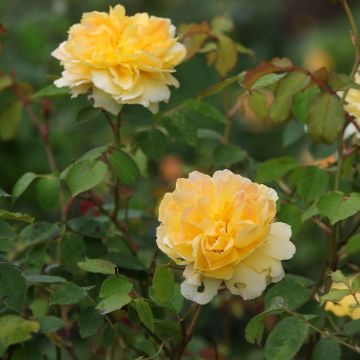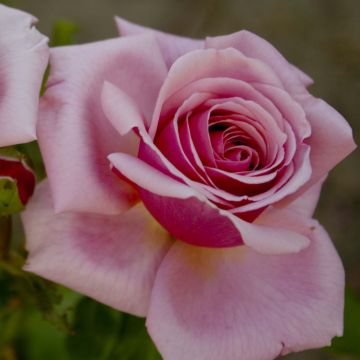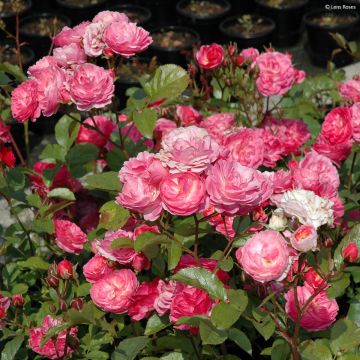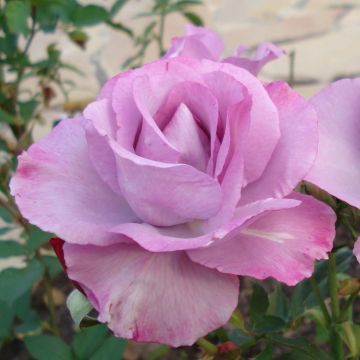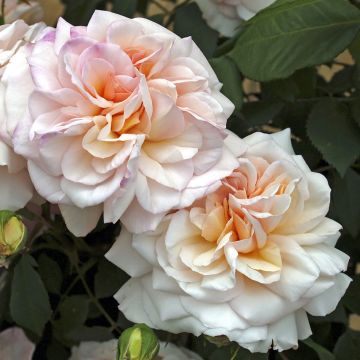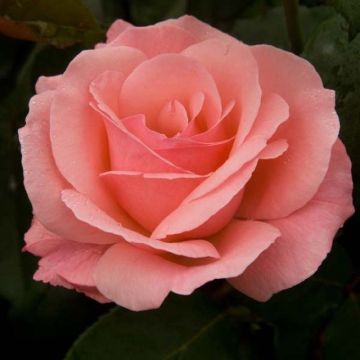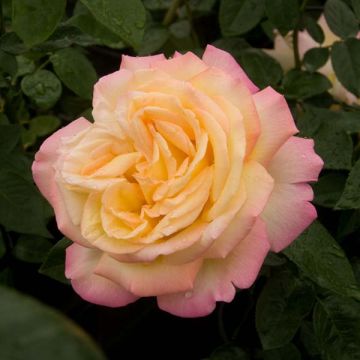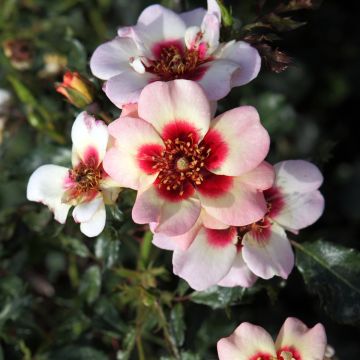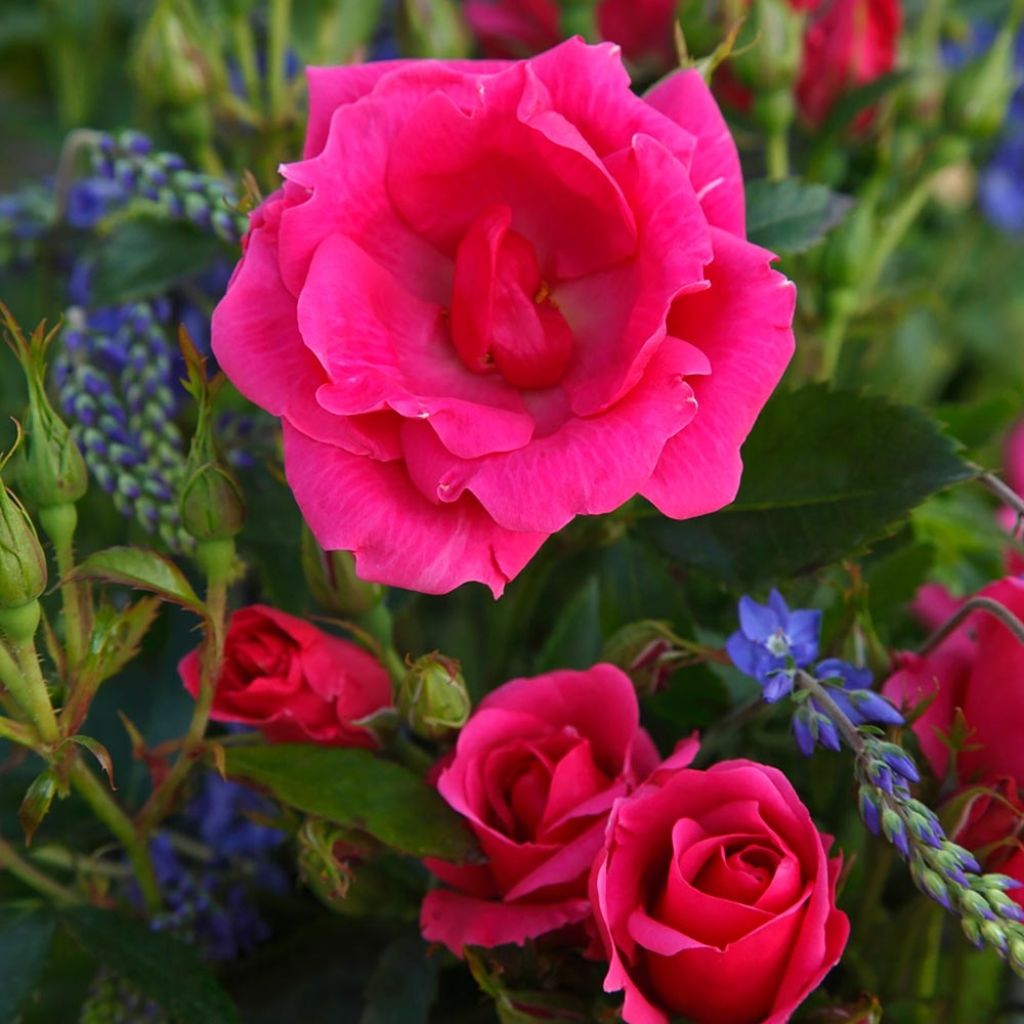

Rosa Chabadabada - Shrub Rose
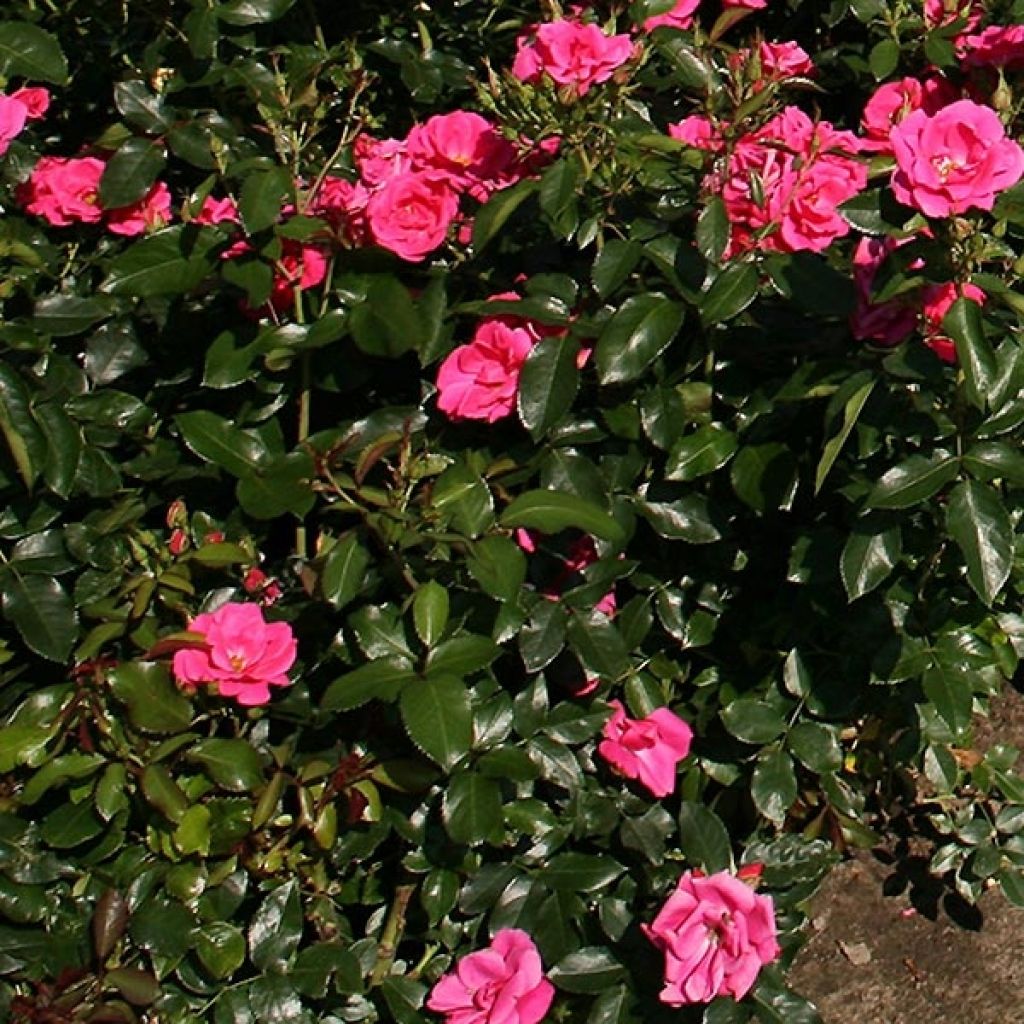

Rosa Chabadabada - Shrub Rose
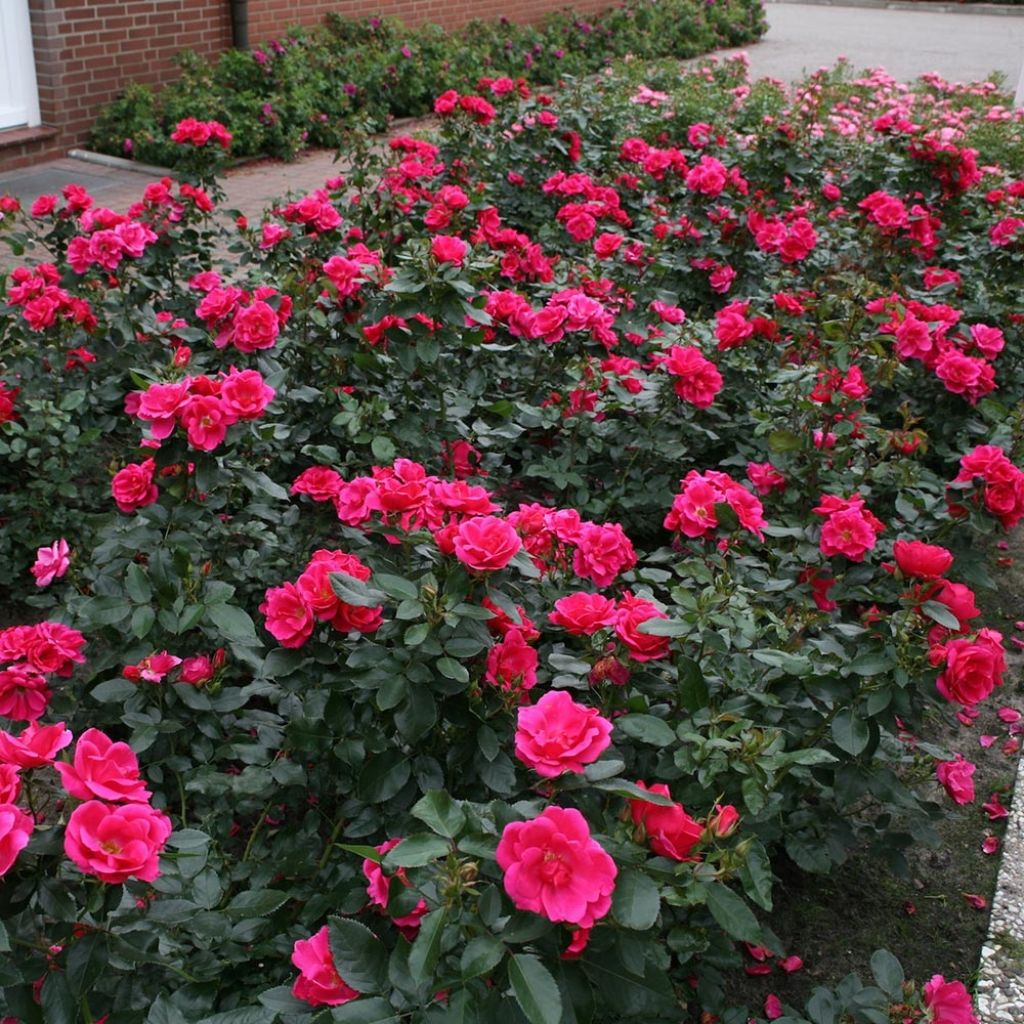

Rosa Chabadabada - Shrub Rose
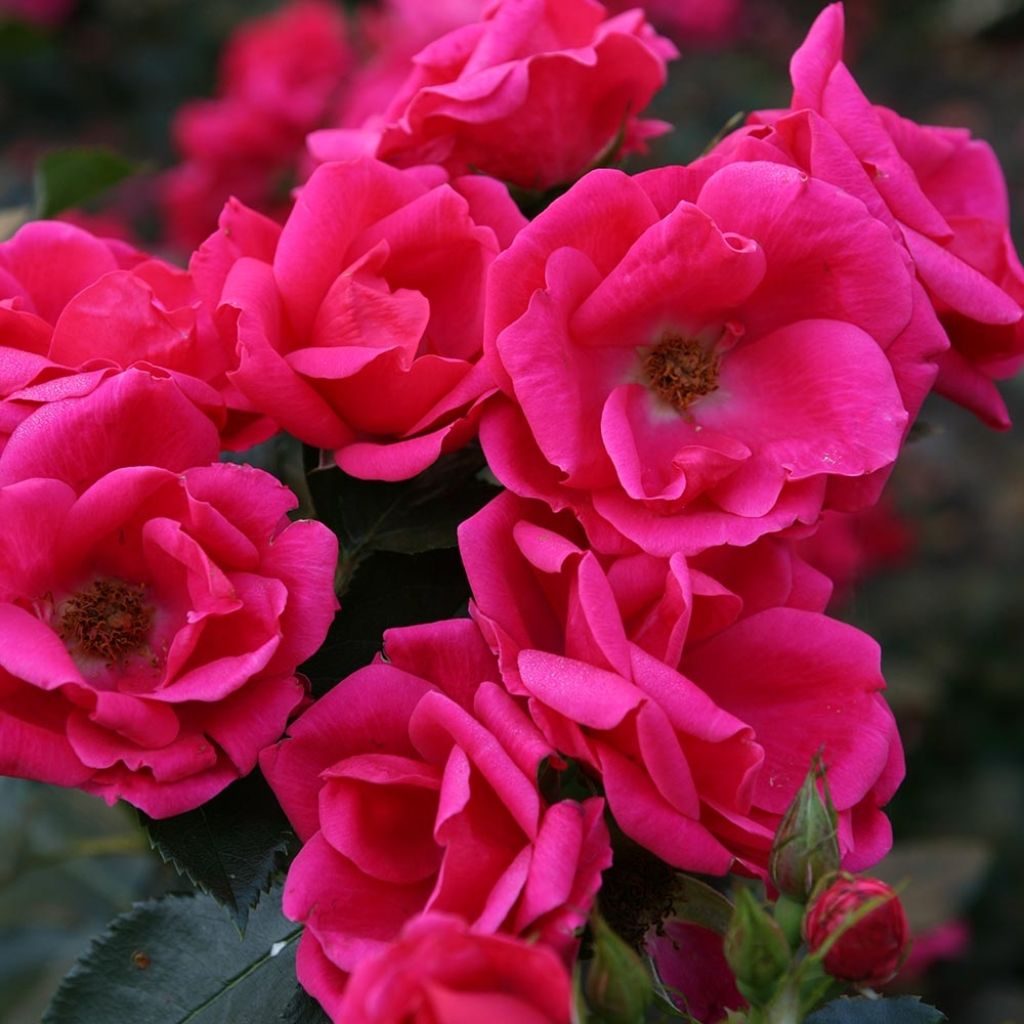

Rosa Chabadabada - Shrub Rose
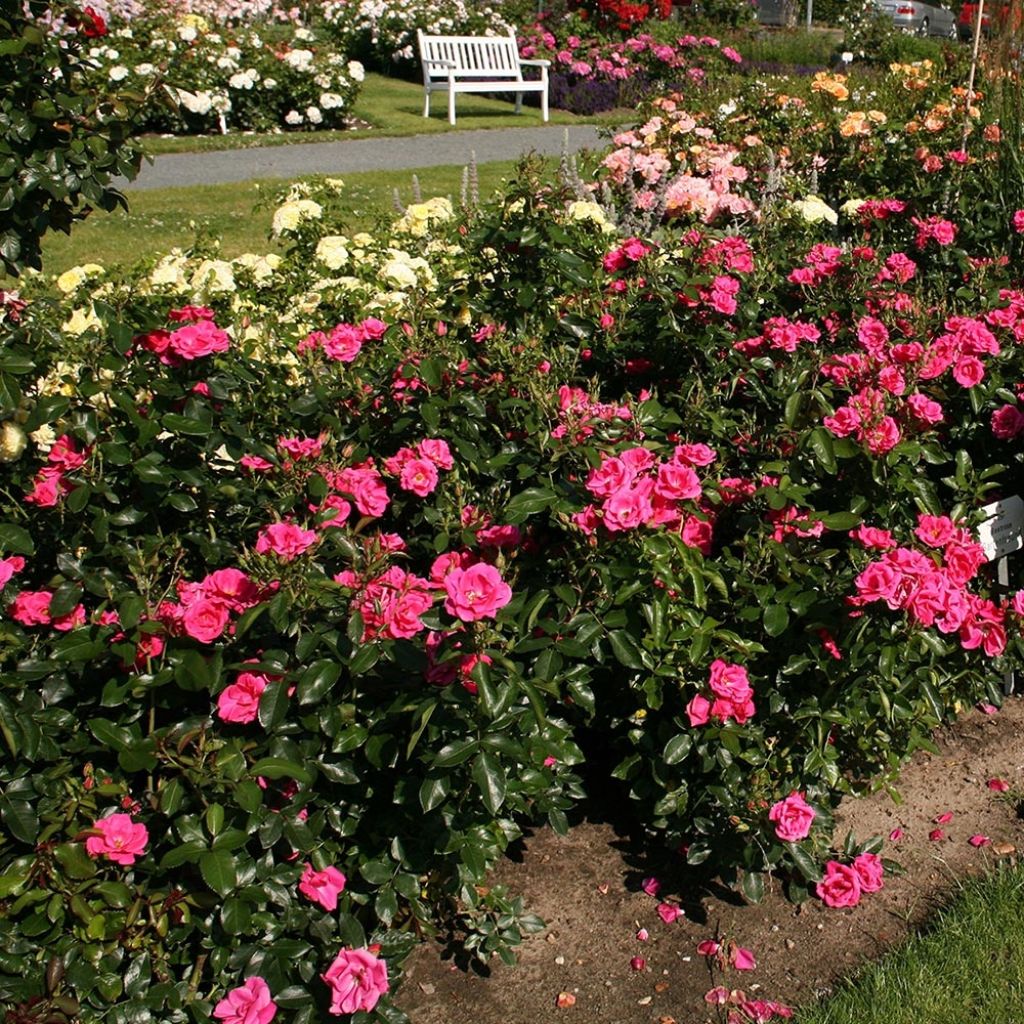

Rosa Chabadabada - Shrub Rose
Rosa Chabadabada - Shrub Rose
Rosa x polyantha NECTAR GARDEN® Chabadabada (korhopiko')
Nectar Garden, Korhopiko
Simple yet pretty flowers.
Florence, 27/03/2023
Why not try an alternative variety in stock?
View all →This plant carries a 24 months recovery warranty
More information
We guarantee the quality of our plants for a full growing cycle, and will replace at our expense any plant that fails to recover under normal climatic and planting conditions.
From €5.90 for pickup delivery and €6.90 for home delivery
Express home delivery from €8.90.
From €5.90 for pickup delivery and €6.90 for home delivery
Express home delivery from €8.90.
Delivery to Corse prohibited: UE law prohibits the import of this plant from mainland France to Corse as part of the fight against Xylella fastidiosa. Please accept our sincere apologies.
More information

Does this plant fit my garden?
Set up your Plantfit profile →
Description
The 'Chabadabada' rose bush from the Nectar Garden collection is a brand new variety of bush rose created by Kordes that stands out for its extremely vivid and stable colour of flowering and its exceptional natural resistance to diseases as attested by the German ADR label. On this small bush dressed in dark green foliage, clusters of small semi-double flowers of a bold pink bloom for five months, capturing all the attention. Terribly endearing, without demands, this slightly eye-catching little rose visited by bees and bumblebees will enhance any flower or shrub bed in gardens of all styles.
The Rosa x polyantha 'Chabadabada' or 'korhopiko' flowers, gathered in terminal clusters, come from the polyantha rose, an old hybrid derived from Rosa multiflora and Rosa chinensis. Recently introduced by the rose grower Kordes, this variety is part of a series of roses dedicated to biodiversity, both decorative, highly recurrent, disease-resistant, and appreciated by pollinating insects. Most of them have obtained the highly selective ADR label, which rewards the most resistant varieties, among other criteria.
This vigorous small bush shows a bushy and dense habit. It will reach approximately 70 cm (28in) in height and have a spread of 60 cm (24in) in a few years. The 4-5 cm (2in) semi-double flowers are abundantly produced in successive waves from May, June, to October if the soil remains moist. They open charmingly, like tea roses, with petals beautifully arranged in a spiral. Their colour is a remarkably vivid fuchsia pink that does not fade in the sun. The petals open widely in full bloom, revealing a small white throat, sheltering a beautiful golden stamen heart. They bloom in great numbers, in clusters, as long as there is no frost. This vigorous and disease-resistant variety develops elegant, well-furnished foliage divided into small, rounded leaflets with a shiny dark green colour. Its stems are thorny.
The 'Chabadabada' Nectar Garden rose adapts to all soils that are not too dry and all climates, allowing it to be welcomed without hesitation in many regions. It makes a strong impression as a border plant or in a flower bed, planted in groups or mixed with other small flowering shrubs. The intense pink colour of its flowers pairs well with white, pink, red, blue, or even purple blooms. To accompany it, choose, for example, perennial geraniums (Geranium Blue Cloud, Anne Folkard, Nimbus, Rozanne, Orion), bellflowers, catmints, lavenders, perennial salvias, red valerians (Centranthus ruber), or even daisies.
Report an error about the product description
Rosa Chabadabada - Shrub Rose in pictures
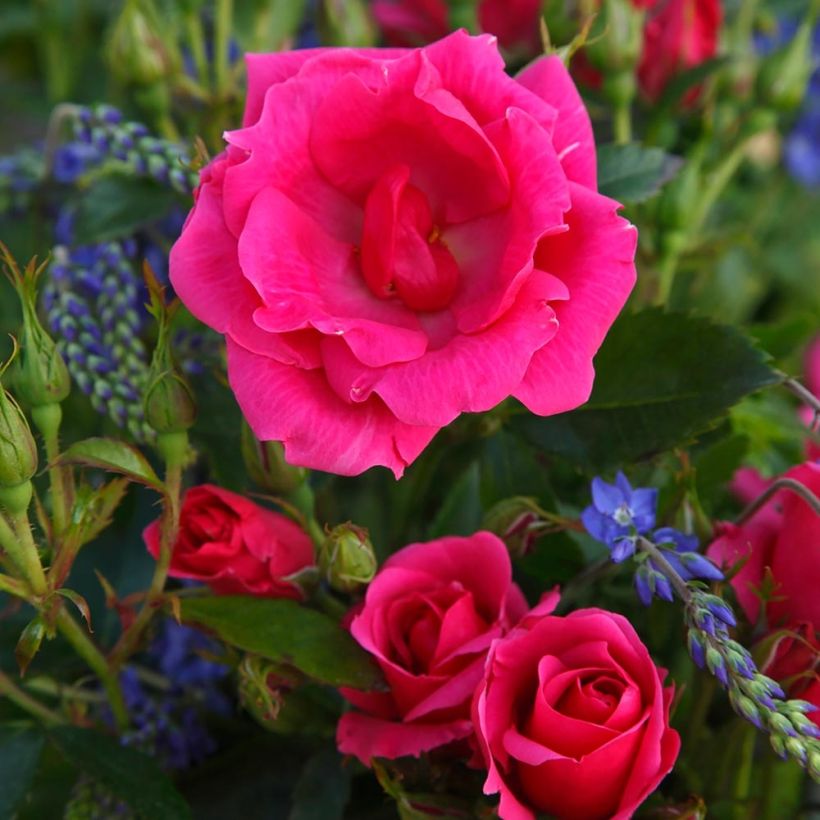

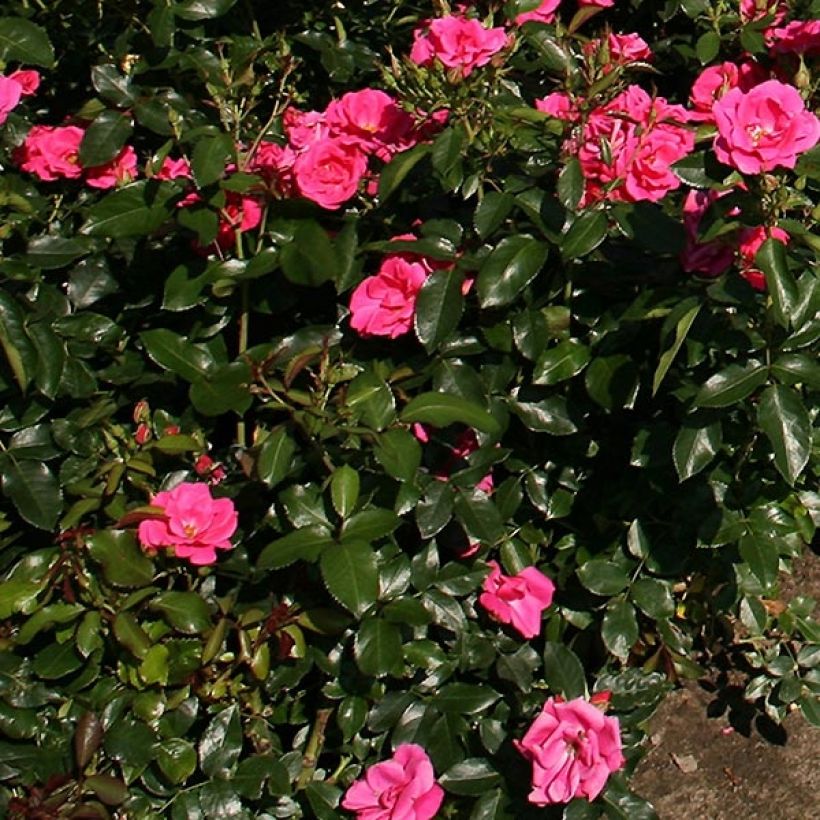

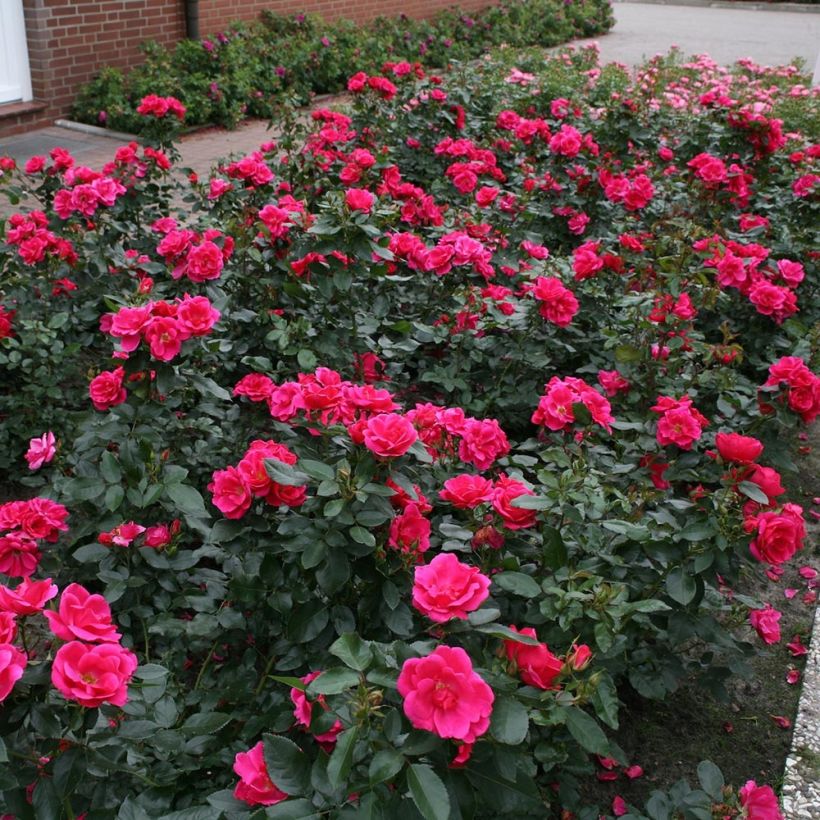

Plant habit
Flowering
Foliage
Botanical data
Rosa
x polyantha
NECTAR GARDEN® Chabadabada (korhopiko')
Rosaceae
Nectar Garden, Korhopiko
Cultivar or hybrid
Other Ground Cover and Dwarf Roses
Planting and care
Roses prefer a sunny spot (at least 4 to 5 hours of sunshine daily) but away from the scorching midday sun and strong winds. Roses like loose, permeable, humus-rich soil. They prefer slightly acidic soil, but will get used to any garden as long as the soil is well worked and sufficiently rich. To plant your rosebush in a pot, cultivate the soil to a depth of 25 cubic cm, crumbling the soil well and placing a soil improver such as blood, fish and bone at the bottom of the planting hole. After removing the plant from its pot, cover the top of the root ball with 3 cm of soil. In dry weather, water regularly for a few weeks to help the plant take root. You should also remember to fertilise your rosebush with special rose fertiliser to stimulate flowering, especially if planted in a pot.
Roses may develop unsightly spots at the end of summer, but this is a natural occurrence and doesn't harm the rose's growth.
Planting period
Intended location
Care
-
, onOrder confirmed
Reply from on Promesse de fleurs
Roses by purpose
Haven't found what you were looking for?
Hardiness is the lowest winter temperature a plant can endure without suffering serious damage or even dying. However, hardiness is affected by location (a sheltered area, such as a patio), protection (winter cover) and soil type (hardiness is improved by well-drained soil).

Photo Sharing Terms & Conditions
In order to encourage gardeners to interact and share their experiences, Promesse de fleurs offers various media enabling content to be uploaded onto its Site - in particular via the ‘Photo sharing’ module.
The User agrees to refrain from:
- Posting any content that is illegal, prejudicial, insulting, racist, inciteful to hatred, revisionist, contrary to public decency, that infringes on privacy or on the privacy rights of third parties, in particular the publicity rights of persons and goods, intellectual property rights, or the right to privacy.
- Submitting content on behalf of a third party;
- Impersonate the identity of a third party and/or publish any personal information about a third party;
In general, the User undertakes to refrain from any unethical behaviour.
All Content (in particular text, comments, files, images, photos, videos, creative works, etc.), which may be subject to property or intellectual property rights, image or other private rights, shall remain the property of the User, subject to the limited rights granted by the terms of the licence granted by Promesse de fleurs as stated below. Users are at liberty to publish or not to publish such Content on the Site, notably via the ‘Photo Sharing’ facility, and accept that this Content shall be made public and freely accessible, notably on the Internet.
Users further acknowledge, undertake to have ,and guarantee that they hold all necessary rights and permissions to publish such material on the Site, in particular with regard to the legislation in force pertaining to any privacy, property, intellectual property, image, or contractual rights, or rights of any other nature. By publishing such Content on the Site, Users acknowledge accepting full liability as publishers of the Content within the meaning of the law, and grant Promesse de fleurs, free of charge, an inclusive, worldwide licence for the said Content for the entire duration of its publication, including all reproduction, representation, up/downloading, displaying, performing, transmission, and storage rights.
Users also grant permission for their name to be linked to the Content and accept that this link may not always be made available.
By engaging in posting material, Users consent to their Content becoming automatically accessible on the Internet, in particular on other sites and/or blogs and/or web pages of the Promesse de fleurs site, including in particular social pages and the Promesse de fleurs catalogue.
Users may secure the removal of entrusted content free of charge by issuing a simple request via our contact form.
The flowering period indicated on our website applies to countries and regions located in USDA zone 8 (France, the United Kingdom, Ireland, the Netherlands, etc.)
It will vary according to where you live:
- In zones 9 to 10 (Italy, Spain, Greece, etc.), flowering will occur about 2 to 4 weeks earlier.
- In zones 6 to 7 (Germany, Poland, Slovenia, and lower mountainous regions), flowering will be delayed by 2 to 3 weeks.
- In zone 5 (Central Europe, Scandinavia), blooming will be delayed by 3 to 5 weeks.
In temperate climates, pruning of spring-flowering shrubs (forsythia, spireas, etc.) should be done just after flowering.
Pruning of summer-flowering shrubs (Indian Lilac, Perovskia, etc.) can be done in winter or spring.
In cold regions as well as with frost-sensitive plants, avoid pruning too early when severe frosts may still occur.
The planting period indicated on our website applies to countries and regions located in USDA zone 8 (France, United Kingdom, Ireland, Netherlands).
It will vary according to where you live:
- In Mediterranean zones (Marseille, Madrid, Milan, etc.), autumn and winter are the best planting periods.
- In continental zones (Strasbourg, Munich, Vienna, etc.), delay planting by 2 to 3 weeks in spring and bring it forward by 2 to 4 weeks in autumn.
- In mountainous regions (the Alps, Pyrenees, Carpathians, etc.), it is best to plant in late spring (May-June) or late summer (August-September).
The harvesting period indicated on our website applies to countries and regions in USDA zone 8 (France, England, Ireland, the Netherlands).
In colder areas (Scandinavia, Poland, Austria...) fruit and vegetable harvests are likely to be delayed by 3-4 weeks.
In warmer areas (Italy, Spain, Greece, etc.), harvesting will probably take place earlier, depending on weather conditions.
The sowing periods indicated on our website apply to countries and regions within USDA Zone 8 (France, UK, Ireland, Netherlands).
In colder areas (Scandinavia, Poland, Austria...), delay any outdoor sowing by 3-4 weeks, or sow under glass.
In warmer climes (Italy, Spain, Greece, etc.), bring outdoor sowing forward by a few weeks.

































